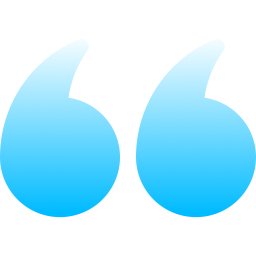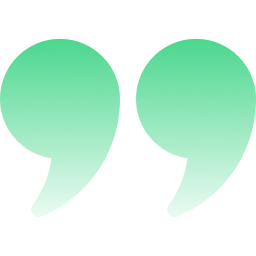The Future of Medical Education: Beyond Traditional Learning
The Future of Medical Education: Beyond Traditional Learning
As medical technology continues to advance, the integration of VR and simulation technologies promises to reshape how we prepare healthcare professionals.
Introduction
Students enter medical colleges. They immerse themselves in anatomy, physiology, biochemistry, and ten more complex subjects. Years of rigorous study later, these students—now doctors—are expected to treat patients. Sounds simple, right?
Wrong.
Would you confidently place your life in the hands of a doctor armed with nothing more than textbook knowledge? The gap between theoretical learning and practical expertise is where Simulation Based Education becomes a game-changer.
It's not just about learning; it's about experiencing medical scenarios in a controlled, risk-free environment. The global medical education landscape is witnessing a profound shift, where practical skills take center stage. While SBE is encouraged in undergraduate medical education worldwide, including India, there's no definitive policy mandating its universal implementation. Yet, SBE is the way to go when you want to equip students with confidence and better capabilities. While there are multiple methods to do simulation training, some expensive, some non-scalable, in this context lets explore VR.
Virtual Reality: A New Approach to Medical Training
Virtual Reality stands at the forefront of this educational evolution, offering unprecedented advantages for medical skill development. Unlike traditional training methods, VR provides a unique ecosystem of learning that addresses multiple critical aspects of medical education. Imagine a training environment where medical students can practice complex procedures unlimited times, with minimal setup and maximum safety. The technology enables limitless learning opportunities: students can visualize intricate anatomical structures, simulate high-stress medical scenarios, and develop critical decision-making skills without risking patient safety.
The core strengths of VR in medical training are multifaceted. While collaborative modes are existent and possible, VR provides the best way to learn as an individual. The technology allows for scalable training solutions that are cost-effective and widely accessible. Medical professionals can now develop emotional and psychological resilience through realistic simulations that challenge their clinical judgment.
From precise skill assessment to adaptive scenario generation, VR creates a comprehensive training platform that goes beyond traditional educational boundaries. However, it's crucial to understand that this technology is a complement to, not a replacement for, human expertise. The nuanced art of medical care still requires the irreplaceable human touch of empathy, intuition, and personal connection.

VR in medical training offers scalable, cost-effective learning, fostering clinical skills and resilience through realistic, immersive simulations

The Future of Medical Expertise
As medical technology continues to advance, the integration of VR and simulation technologies promises to reshape how we prepare healthcare professionals. Institutions are increasingly recognizing the potential of these innovative training methods. The goal is clear: create more skilled, confident, and prepared medical professionals who can provide the highest standard of patient care.
Conclusion
For medical educators, institutions, and healthcare professionals, the path forward is evident. Embrace technological innovation. Leverage advanced training tools. Create environments where learning knows no boundaries. The future of medical education is not about replacing traditional methods but enhancing them with cutting-edge technologies that prepare doctors to meet the most complex healthcare challenges.

To Stay Updated
Latest Blogs
How to Use MediSim VR's Skill Training in Virtual Environment (STRIV) as a Medical and Nursing Student
By KAVYA • 6-minute read
How to Create the Ultimate Protocol Learning Experience
By KAVYA • 5-minute read
Rethinking OSCE Prep: Why VR Is the Missing Piece
By KAVYA • 4-minute read
